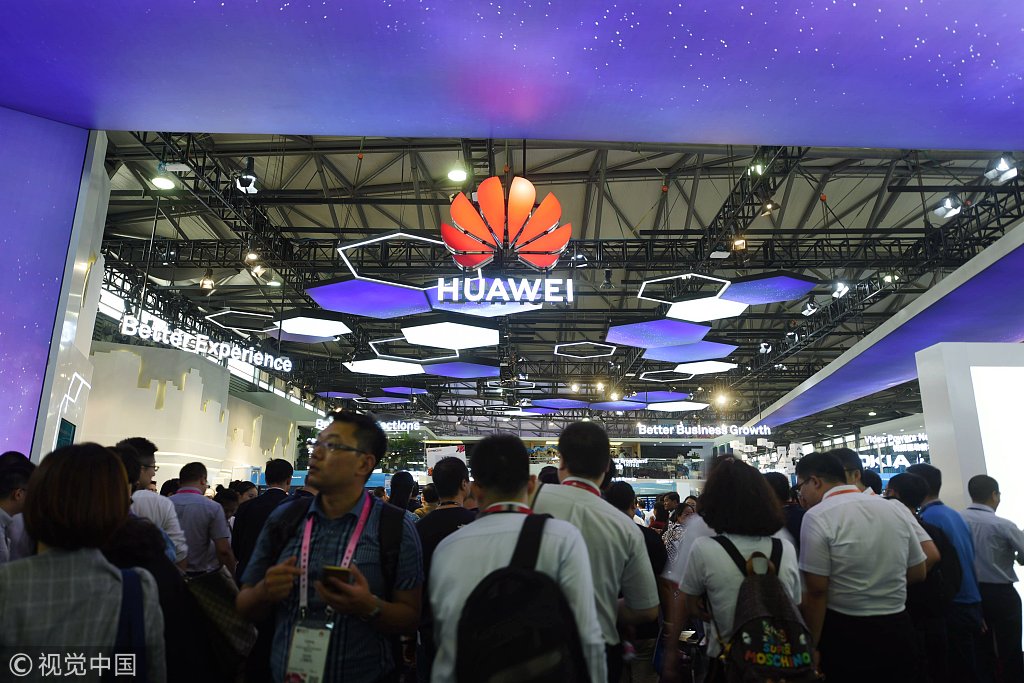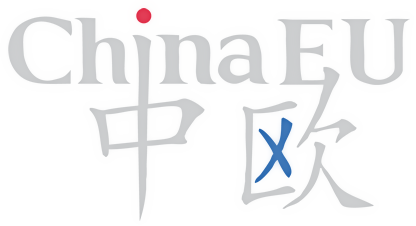Free, open source should be main focus of China-EU software cooperation (China Watch)
By Luigi Gambardella
The importance of software to our digital future will again be highlighted at the upcoming 22nd China International Software Expo, which is slated to take place at the end of June in Beijing.
In the words of the inventor of the first web-browser, Marc Andreessen, “software is eating the world’’. However, the lines from the Ministry of Industry and Information Technology of China could be even more appropriate. “Software is the soul of the next-generation information technology industry,” it said in its five-year plan for developing the software and information technology service industry.
Software is at the heart of digitalization and becomes an essential building block for almost all sectors. Today, there are ever more products as well as services based on – or even defined by – software, it is everywhere, in our public services, medical care, education, manufacturing, automotive, financial industry and many other sectors.
We are also expected to brace for an ever more digitalized world in the coming years or decades. We will benefit from 5G, driverless cars, facial recognition, VR; our work and life will be assisted by artificial intelligence (AI), big data, robotics, block chain and academic research will be fueled by high-performance computing.

At the occasion of the China International Software Expo, it would be the right time to discuss China’s software development and its interaction with the world as we are now at a historic juncture and at the doorstep of next-generation technology.
It is as well the right time to discuss software cooperation between China, a vast market as well as fast-growing software technology giant, and the European Union, a traditionally strong powerhouse.
Both Europe and China enjoy a large software industry.
Latest data from the Software Alliance (BSA) showed, the software industry in the EU directly contributed 249 billion euros ($288 billion) to the EU GDP in 2014 and employed more than three million people.
Combining all impacts — direct, indirect, and induced — the software industry added 910 billion euros to total EU GDP in 2014. Only the EU’s “big five” countries — France, Germany, Italy, Spain, and the United Kingdom — can lay claim to larger GDPs.
As to China, the business revenue of China’s software industry reportedly stood at 5.5 trillion yuan ($830 billion) in 2017, 1.2 times higher than the 2012 level. Total profits of China’s software industry reached 702 billion yuan last year.
China’s software exports reached $37.6 billion in 2017, up 9.7 percent year-on-year. About half the volume was through exports to the United States, the EU and Japan.
A bright future lies ahead if the EU and China work together on software, however, this will require a stronger reliance on free and open source software.
Chinese software developers are playing a substantial role in the global world of code, not only at companies like Huawei and Tencent, but at thousands of smaller tech firms. The contribution of Chinese developers to open source projects is widely welcome, for example in areas of cloud management and machine learning.
Seen from Europe, China is nevertheless lagging in terms of free and open source software. At the same time, open source is the most effective basis for successful cooperation between developers around the globe.
The global competition around the software development is fierce. All the major companies in the world want to take the lead in this new round of international science and technology competition. Competition is good for development, but it goes hand in hand with cooperation. And here, open source plays an essential role.
As Chinese smart phone manufacturers experienced with Android, open source code at lower levels can allow for innovation and differentiation higher up. One cannot overstate the influence that open source had on software development over the last decades.
As Chinese firms and developers grow their influence in the global world of code , they will increasingly see the benefits of open source, of which not the least of them will be to boost the opportunity for the EU and Chinese developers to cooperate in the new wave of technological revolution.
Luigi Gambardella is president of ChinaEU. The author contributed this article to China Watch exclusively. The views expressed do not necessarily reflect those of China Watch.
All rights reserved. Copying or sharing of any content for other than personal use is prohibited without prior written permission.
To view the original article on China Watch, please click here.

